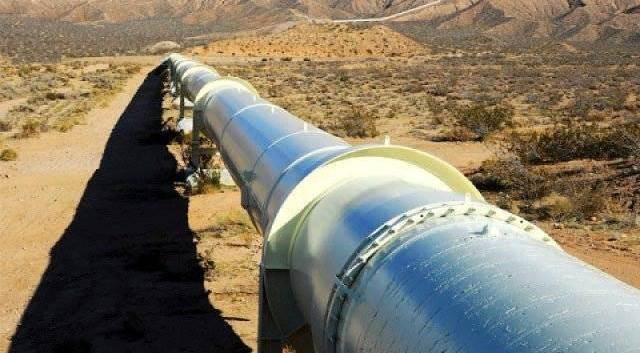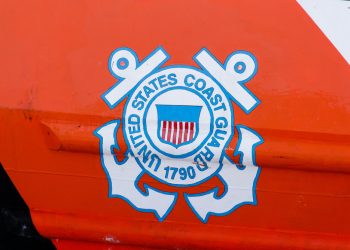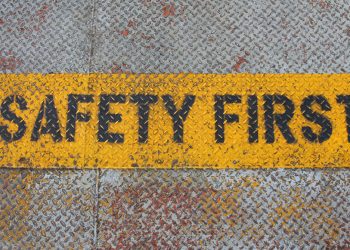USCG focused on its role within the liquefied gas industry on both large and small scale LNG operations as well as the LNG as fuel market during recent international LNG conferences.
Specifically, Cmdr. Jason Smith, detachment Chief of the Coast Guard’s Liquefied Gas National Center of Expertise (LGNCOE) stated at LNGgc Americas and World LNG & Gas Series:
“The Coast Guard is preparing to address the regulatory and workforce needs with the increased maritime transport and use of LNG,” noted Smith. “From a large scale perspective there is little regulatory changes as the U.S. becomes one of the top LNG exporting countries. The type and scope of gas carriers and liquefied gas facilities are the same regardless if the operation entails re-gasifying LNG for import or liquefying natural gas for export. It’s more of a numbers game to make sure we have enough qualified inspectors where they are needed most. From a small scale and LNG as fuel perspective it’s not a numbers game as most new LNG fuel operations are replacing existing conventional operations. With small scale and LNG as fuel, there are many new aspects to address and the Coast Guard has and continues to provide guidance in the form of new policies and updates to existing regulations.”
Smith spoke about how the Coast Guard is preparing by referencing the completion of the Coast Guard’s Foreign Gas Carrier Examiner Tactics Technique and Procedures, a guide for how to conduct foreign gas carrier examinations which was released to the public in April of this year. Additionally he reviewed the recent recommended LNG as fuel checklists, one which was released earlier this month covering the inspection of LNG Fueled Systems and the second which was released in January 2016, covering LNG Sore to Ship operations.
In closing Smith described the importance of continuing to put safety first.
“The maritime liquefied gas industry has had a stellar safety record for over 50 years and we encourage companies to maintain the Gold Standard the industry has been known for especially as we see new operations and new operators, increased use of spot cargoes and less regular routes, and reduced charter rates,” he said.
Smith promoted use of and improvements to industry standards as well as the importance of sharing best practices and lessons learned in order to ensure the safe, secure and clean maritime use and transportation of LNG.
Source: USCG






























































